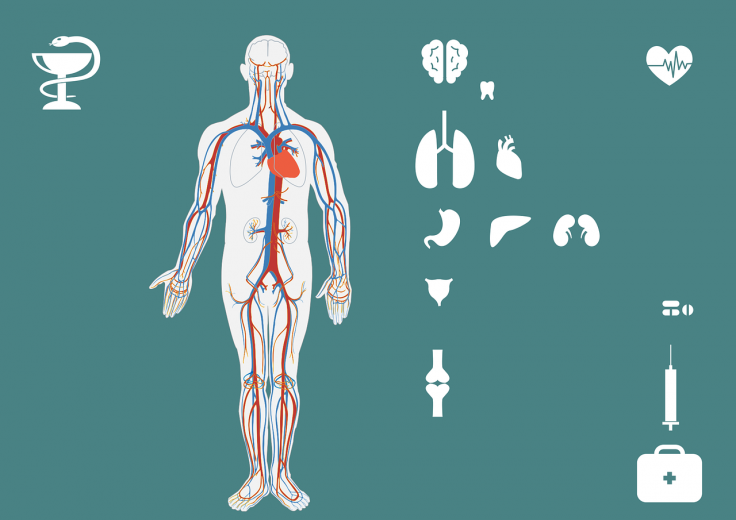
The World Health Organisation (WHO) has dispatched a team to Tanzania to investigate "rumours" linked with the death of a woman, who died early this month due to an unknown illness.
The organization has reached out to the Tanzania's Ministry of Health for further details. The ministry also offered its support in addressing the case as a matter of "urgency", WHO said in a statement, highlighting its commitment to work with respective national health authorities.
WHO would inform its member states of the outcome of the investigation in relation to the death of the woman, through its International Health Regulations focal points.
The woman, who died in Dar es Salaam on September 8 and being investigated by the WHO, probably did not have Ebola, and showed symptoms common to several diseases, including dengue and malaria, both endemic in East Africa, a spokesman for the US Centers for Disease Control and Prevention said.
There is an increased vigilance across the region because of an Ebola outbreak in the Democratic Republic of Congo, said Justin Williams, the director for communication and policy at the Nairobi office of the CDC.
He said such symptoms were also present in Ebola, but there was no indication the woman had travelled to an affected region or contacted an infected person in recent past.
The Ebola outbreak in Congo, the world's second-largest in history, has infected nearly 3,000 people, killing two-third patients, since August last year.
According to the Centers for Disease Control and Prevention website, the Infectious Diseases Pathology Branch (IDPB) is the primary unit within CDC which conducts laboratory studies and investigations of diseases of unknown cause or origin.
The branch also works to identify new or emerging pathogens, the website mentioned, adding that cases from across the world are sent to the IDPB every year which are investigated mainly in three areas -- diagnosis, outbreak surveillance, and understanding pathogens (cause and process) -- to fully understand a disease so that it can be controlled, treated and prevented.
Many diseases, including Pathogenesis of pandemic influenza A (H1N1), severe acute respiratory syndrome (SARS), outbreak of enterovirus 71 in Taiwan, Toxic shock syndrome (TSS), Legionnaire's disease, Acquired Immuno Deficiency Syndrome (AIDS), hantavirus pulmonary syndrome (HPS), West Nile Virus Encephalitis, and their causing agents have been identified by the IDPB.
Many of these diseases, including AIDS, Alzheimer's disease, dementia, Avian flu, Pica (an urgency to eat non-food substances such as dirt, glue, paper, clay), schizophrenia, Creutzfeldt-Jakob Disease, Chronic fatigue syndrome, and Morgellons disease (sensations of creepy-crawlers beneath the skin), still continue to remain mysterious as scientists are yet to identify causes and treatments for them.









